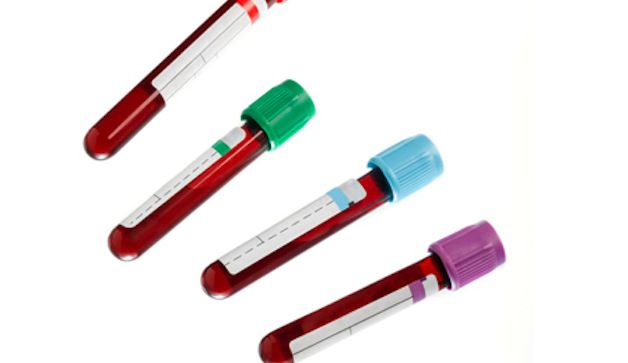Top 5 Reasons to Pursue a Career as a Phlebotomist: Is This Path Right for You?
If you’re considering a career in healthcare, you may be intrigued by the role of a phlebotomist. Phlebotomists are vital healthcare professionals responsible for drawing blood and collecting specimens for analysis. It’s a rewarding path that can lead to a fulfilling career. here, we explore the top 5 reasons to pursue a career as a phlebotomist to help you determine if this path is right for you.
1. Growing Demand in the Healthcare Sector
The healthcare industry is expanding rapidly,leading to an increased demand for various medical professionals,including phlebotomists. According to the Bureau of Labor Statistics (BLS), employment for phlebotomists is expected to grow by 22% from 2020 to 2030.Factors driving this growth include:
- An aging population requiring more medical tests.
- Technological advancements that streamline blood collection processes.
- Increased focus on preventative healthcare.
2. Short Training and Certification Period
Becoming a phlebotomist doesn’t require years of education. Most phlebotomy training programs can be completed in a few months. Here’s a speedy overview of the process:
| Step | Duration |
|---|---|
| Classroom Training | 4-8 weeks |
| Hands-On Training | 2-4 weeks |
| Certification Readiness | 1-2 weeks |
Most aspiring phlebotomists are required to pass a certification exam to demonstrate competence, and manny employers prefer certified candidates.
3. Diverse work Environments
Phlebotomists have the adaptability to work in various settings, making this career path versatile.Some common work environments include:
- Hospitals
- Clinics
- Laboratories
- Blood donation centers
- Research facilities
This diversity allows you to choose a workspace that fits your lifestyle and career goals.
4. Opportunities for Career Advancement
A career in phlebotomy can serve as a stepping stone to other healthcare roles. As you gain experience and further your education, you may open doors to various advanced positions, such as:
- Laboratory Technician: Working with a broader range of diagnostic tests.
- Healthcare Administrator: Managing healthcare facilities or departments.
- Phlebotomy Supervisor: Leading and training other phlebotomists.
Continual professional development enables you to specialize and succeed in various niches within the healthcare field.
5. Making a Difference in Patients’ Lives
One of the most rewarding aspects of being a phlebotomist is the possibility to positively impact patients’ lives. By effectively collecting blood samples,you play a crucial role in:
- Diagnosing diseases.
- Monitoring treatment effectiveness.
- Enhancing overall patient care.
Your work directly contributes to patient outcomes, making the role deeply satisfying for those who prioritize helping others.
Benefits of Being a Phlebotomist
Aside from the five compelling reasons mentioned, phlebotomists enjoy additional benefits such as:
- Job Stability: With an increasing healthcare demand, job security is high.
- Flexibility: Many facilities offer part-time and full-time positions to fit various schedules.
- Competitive Pay: Phlebotomists earn a reasonable salary,with the average salary being about $36,000 per year.
Practical Tips for Aspiring Phlebotomists
If you’re considering becoming a phlebotomist, here are practical tips to set yourself up for success:
- Choose the Right Program: Ensure the training program is accredited and has a good reputation.
- Practice Your Skills: Clinical internships are crucial; practice as much as possible to gain confidence.
- Prepare for Certification: Use online resources and practice exams to prepare for certification tests.
- Network: Join local healthcare organizations to meet professionals and learn more about the industry.
Case Studies and First-Hand Experience
Meet Jane,a 28-year-old phlebotomist who shares her journey:
“I never thought I’d find my passion in a career so quickly. After only three months of training, I started working at a local hospital. I love the fast-paced environment and knowing that every blood draw I perform could help save a life. My goal is to advance to a laboratory technician role soon.”
jane’s experience is not unique. Many phlebotomists find fulfillment in their work and appreciate the career growth opportunities.
Conclusion: Is a Phlebotomy Career Right for You?
Pursuing a career as a phlebotomist can be a rewarding choice for individuals interested in joining the healthcare workforce. With a growing demand, short training periods, diverse work environments, opportunities for advancement, and the ability to make a difference, the reasons to consider this path are compelling. If you have a passion for helping others and are seeking a stable career, phlebotomy might potentially be just the right fit for you.
